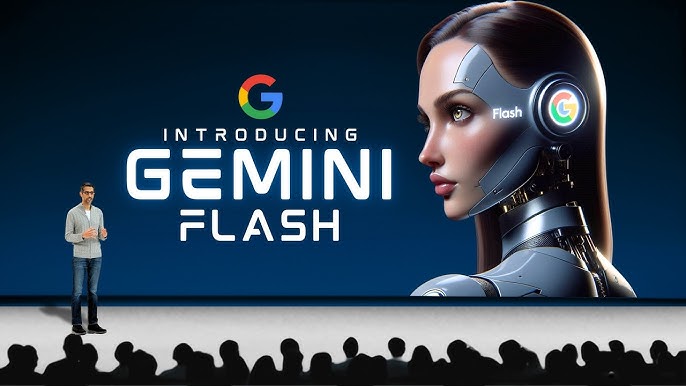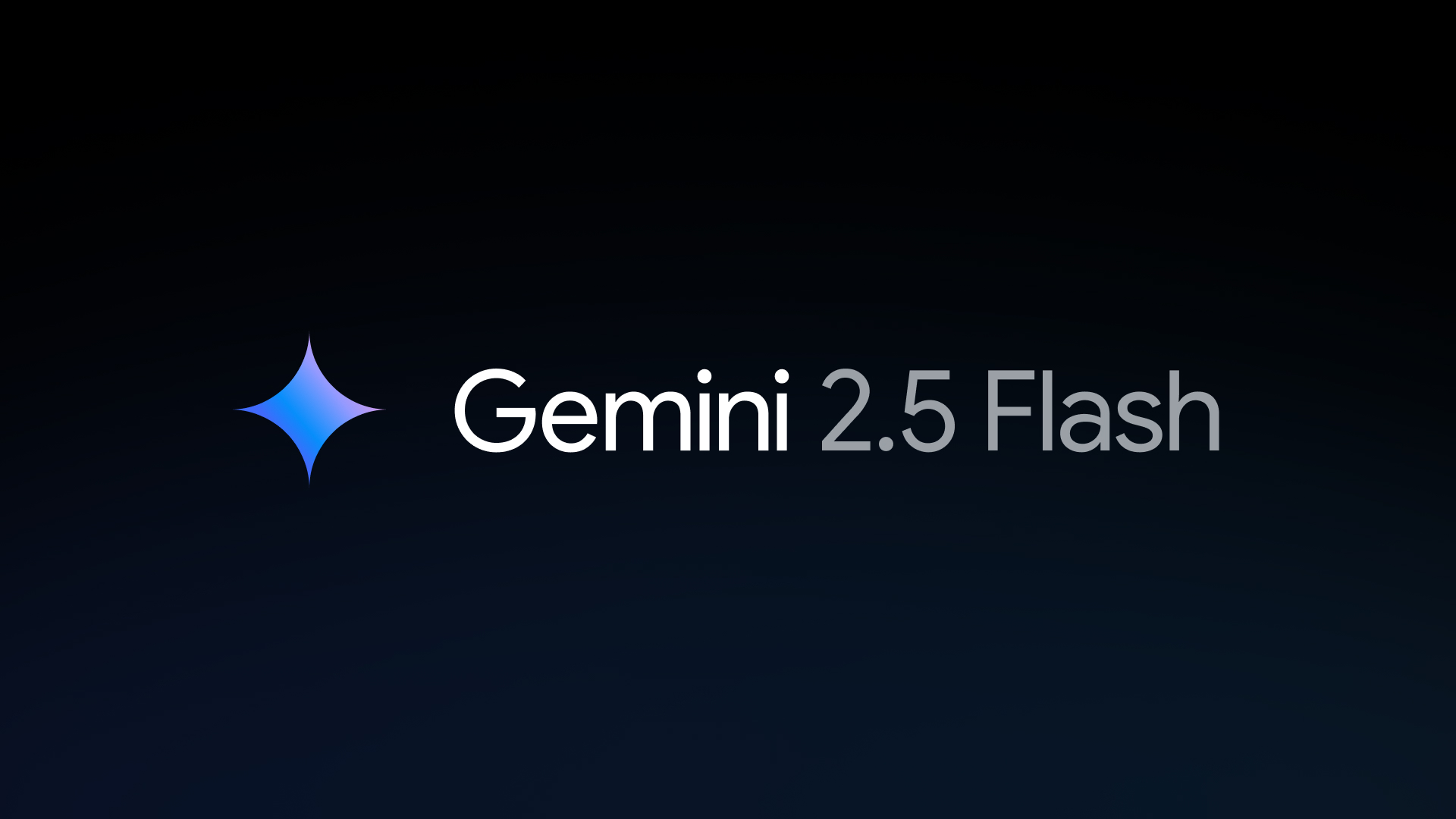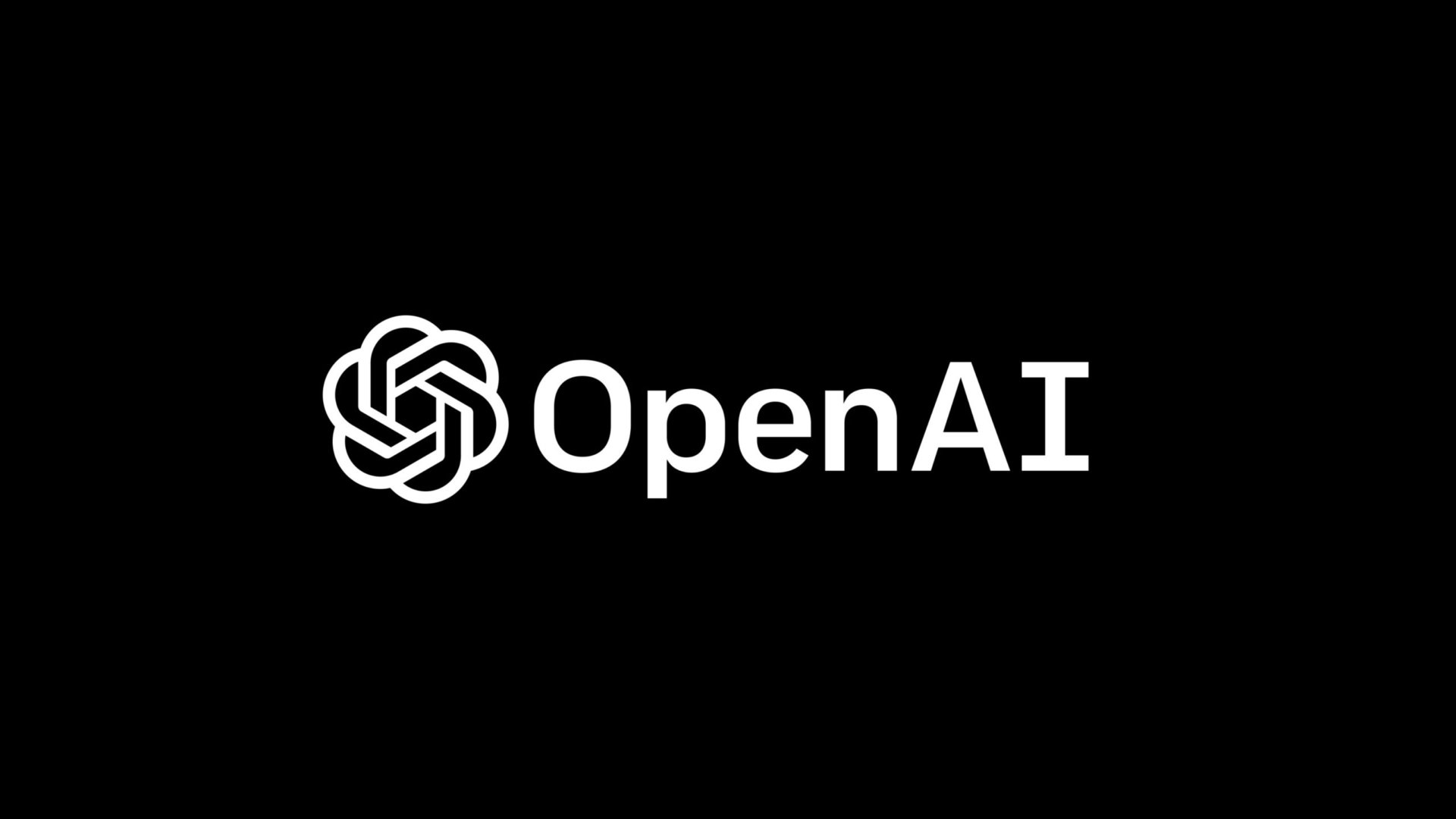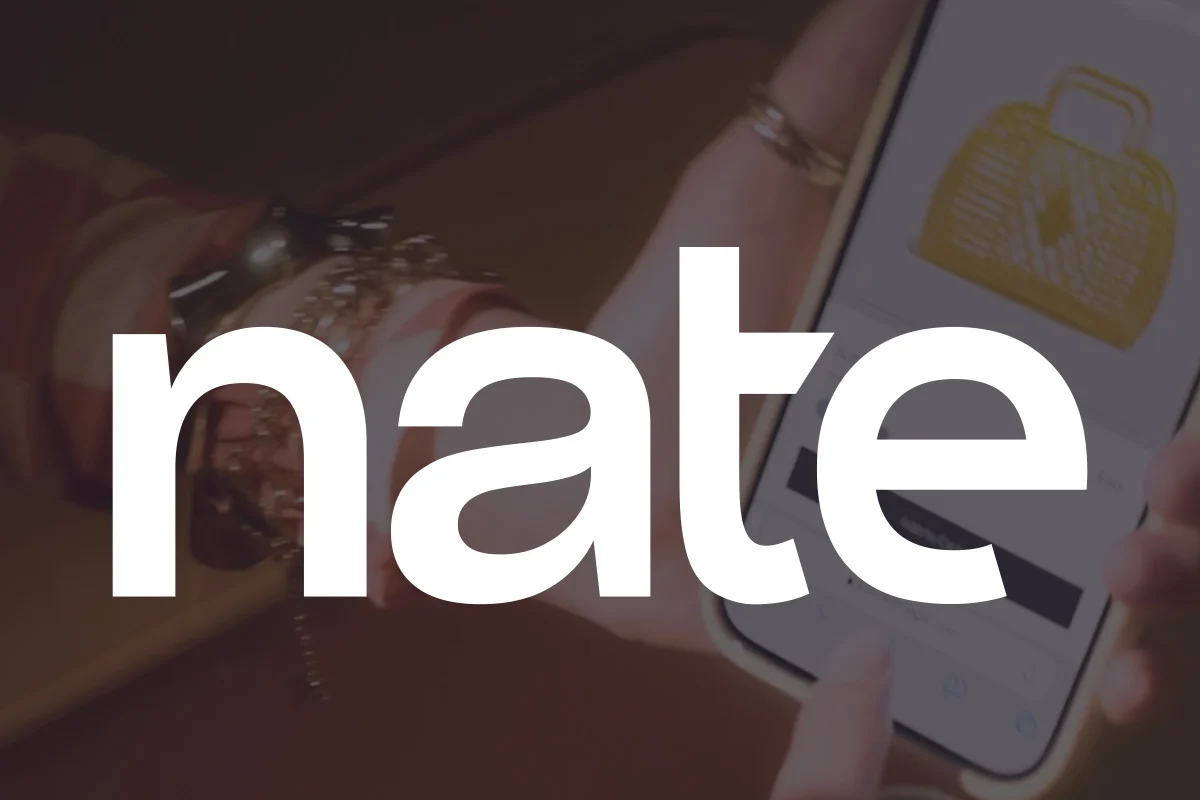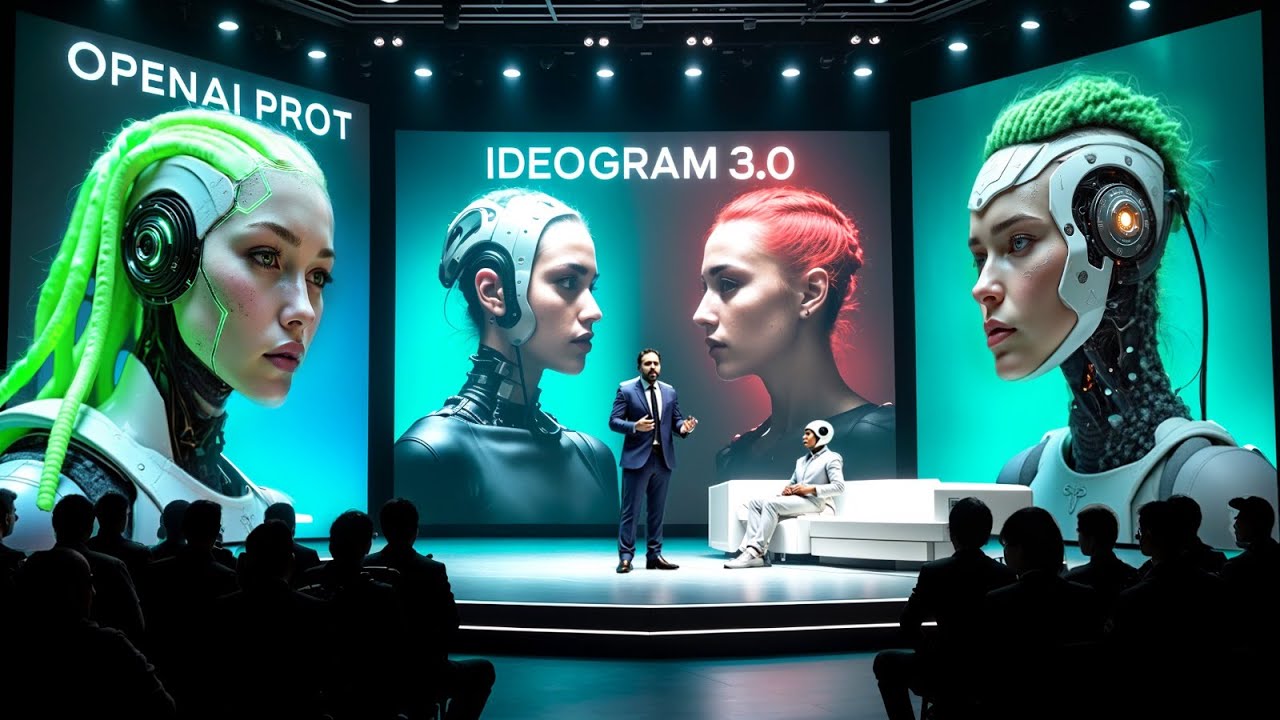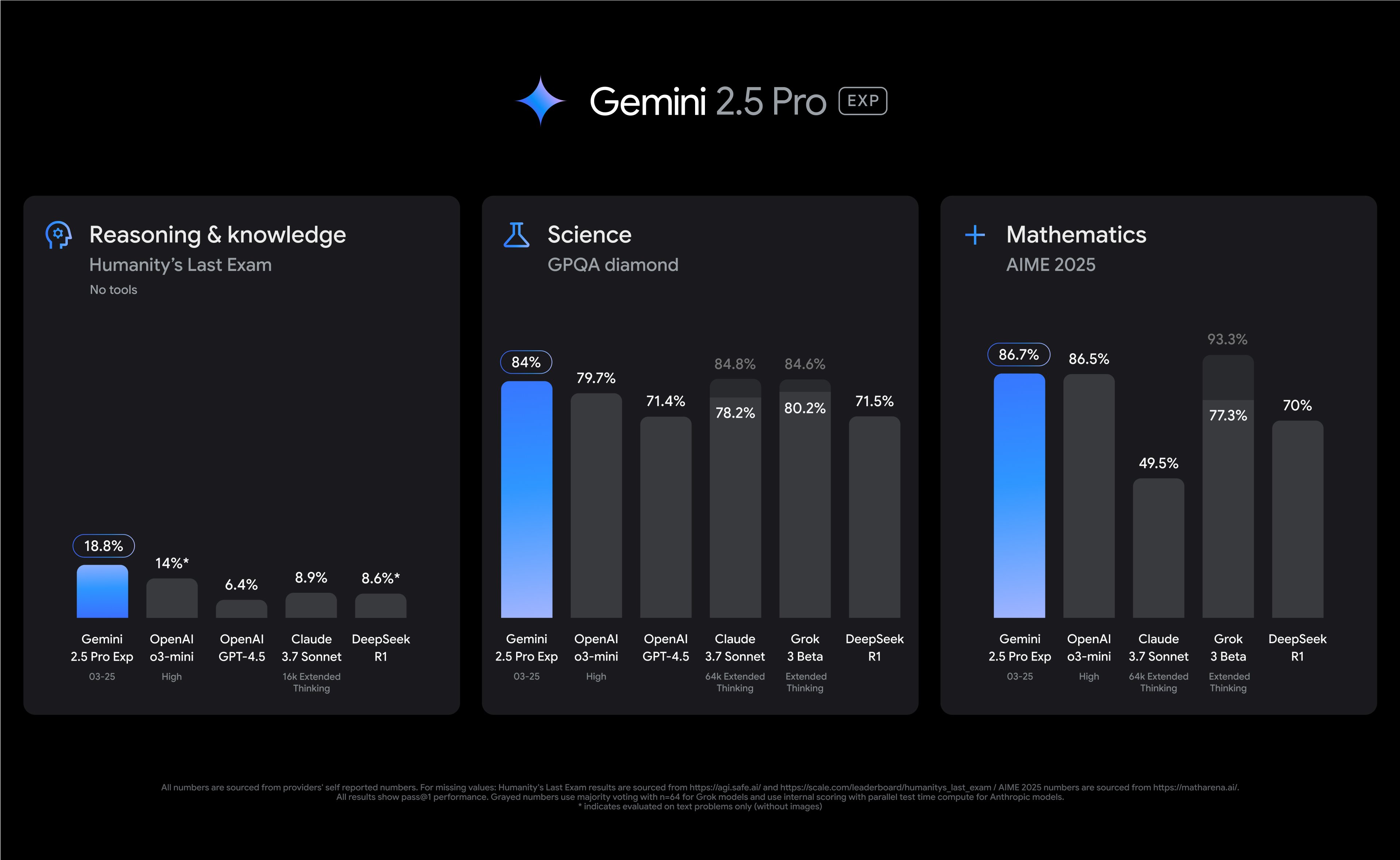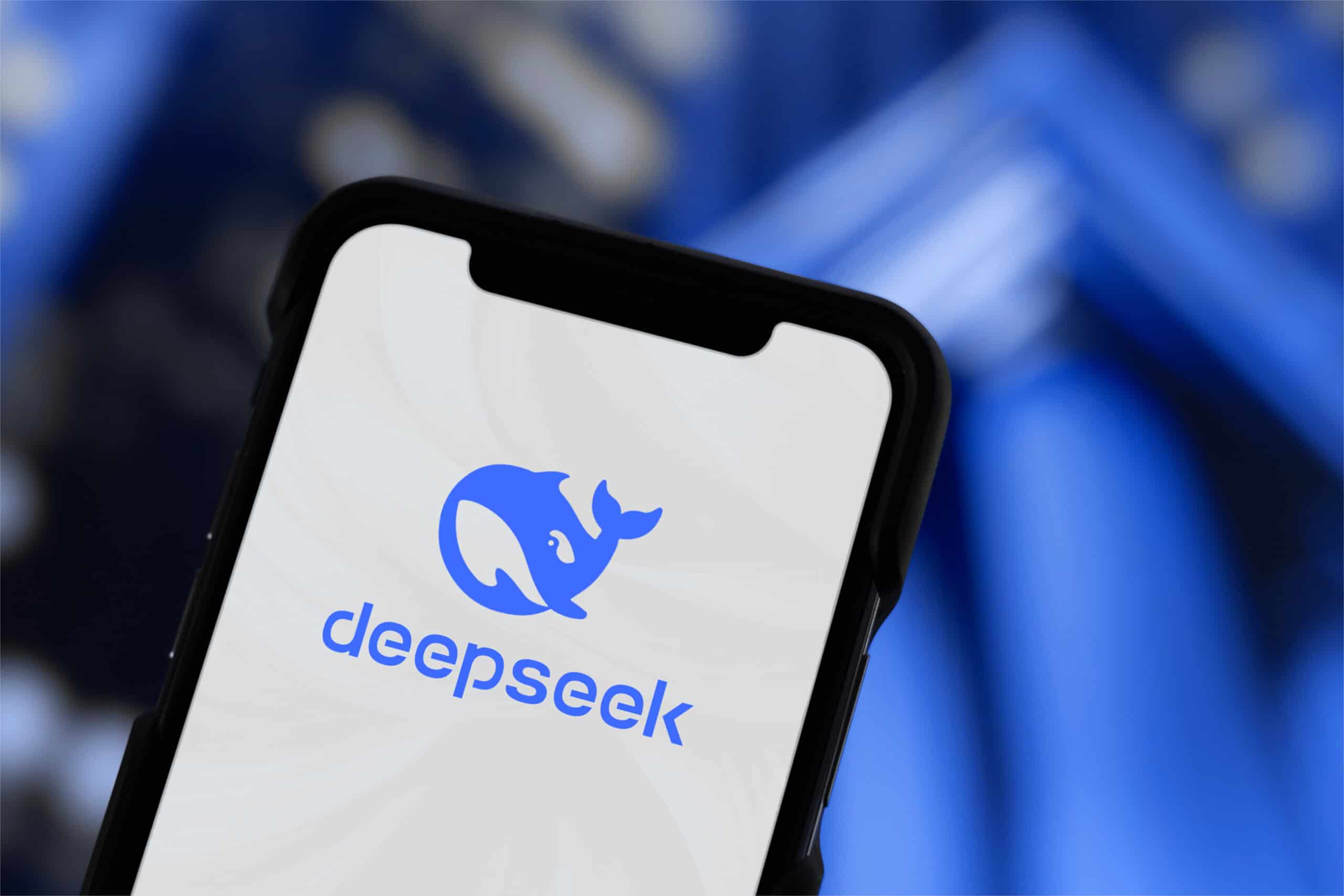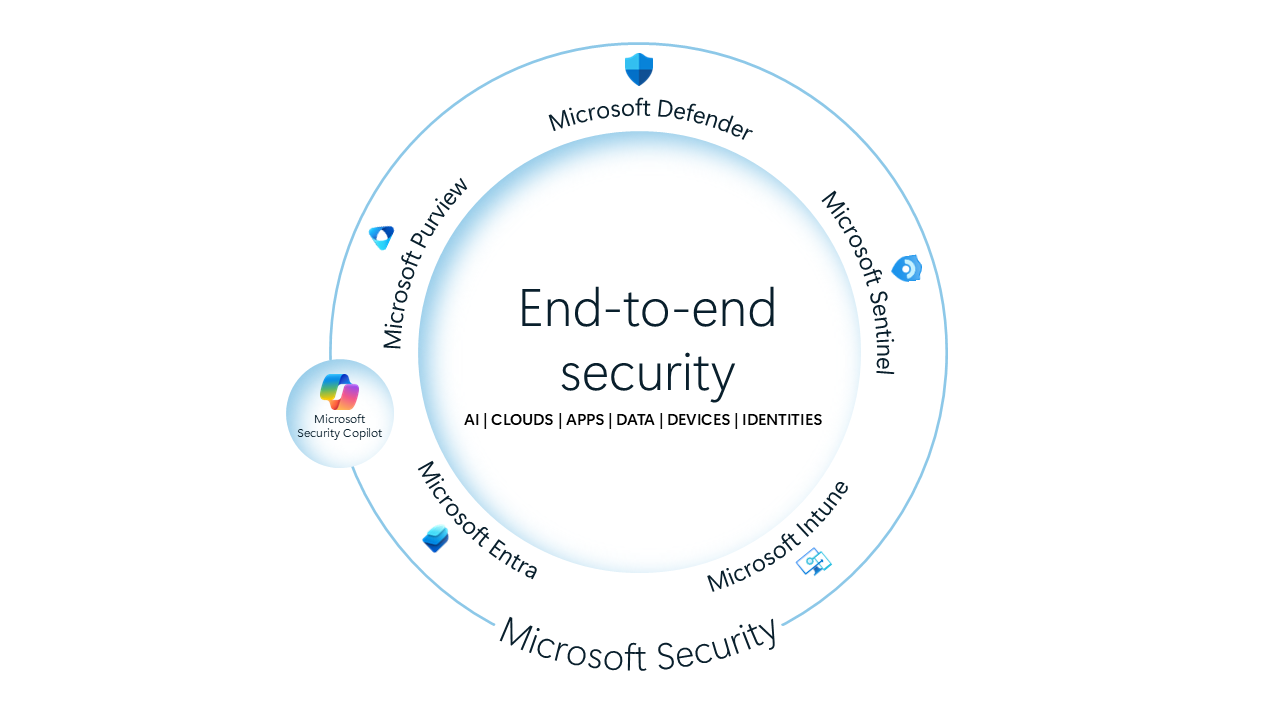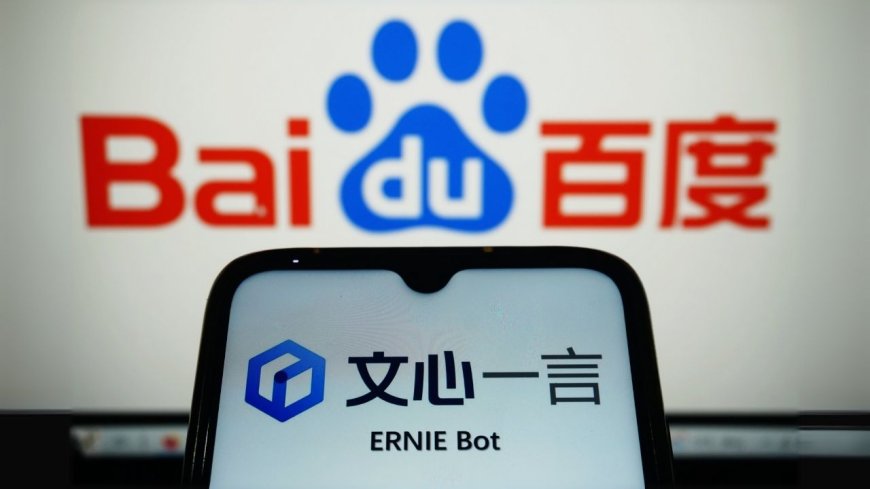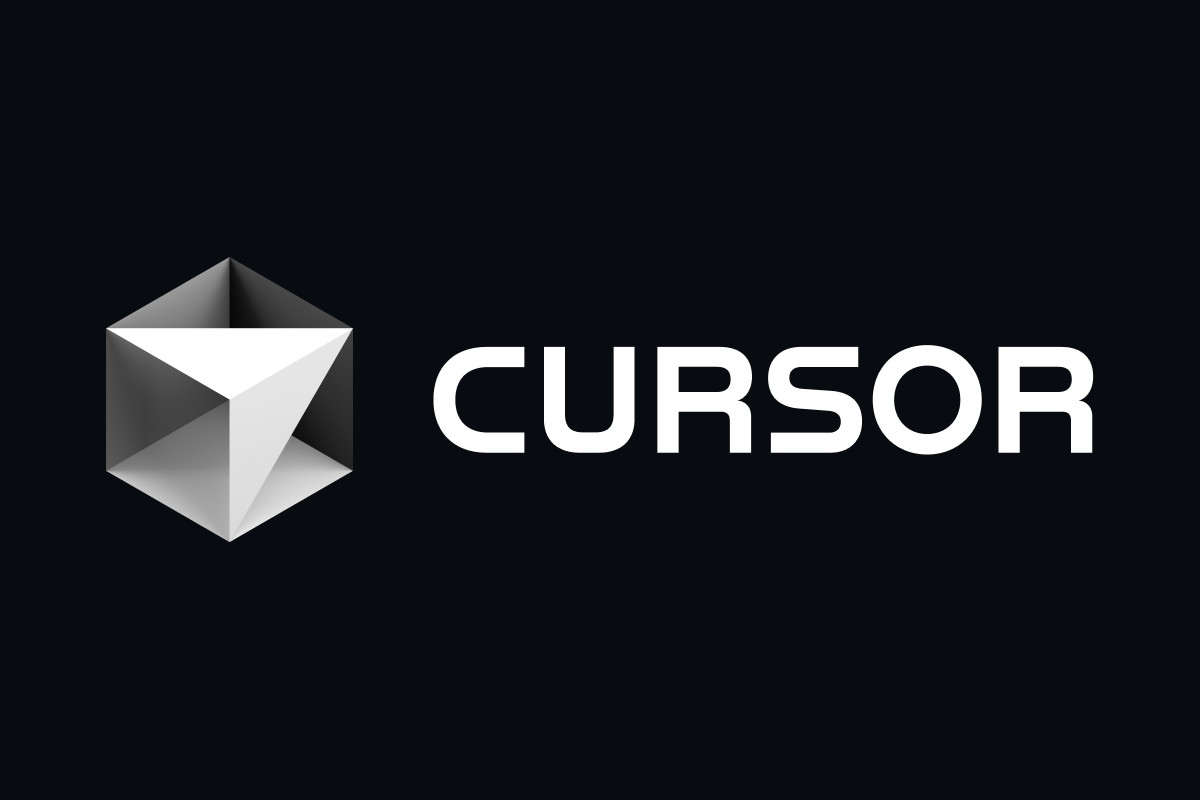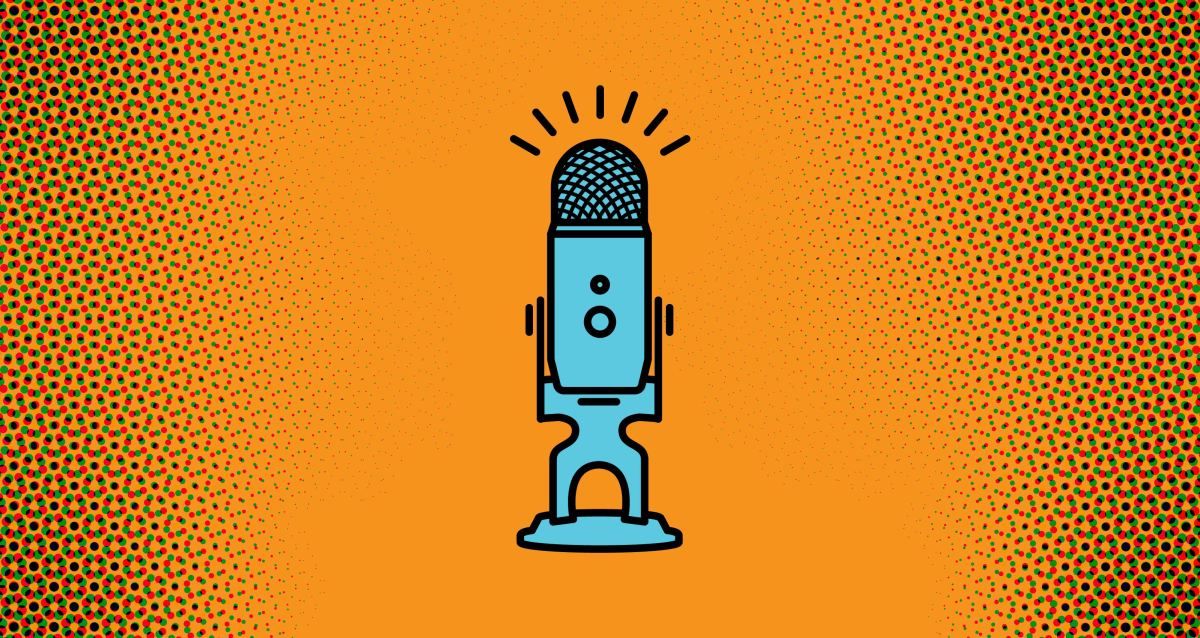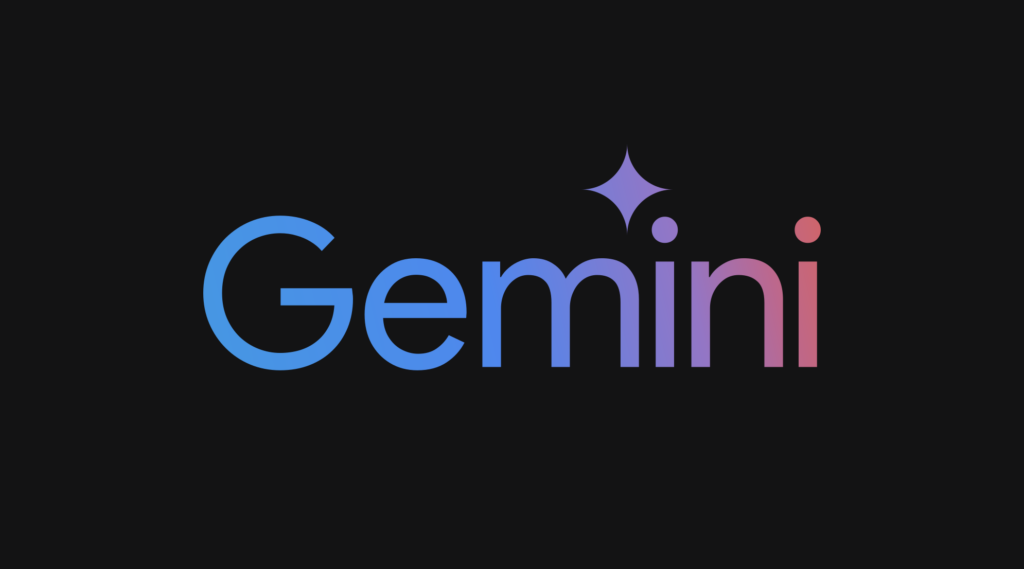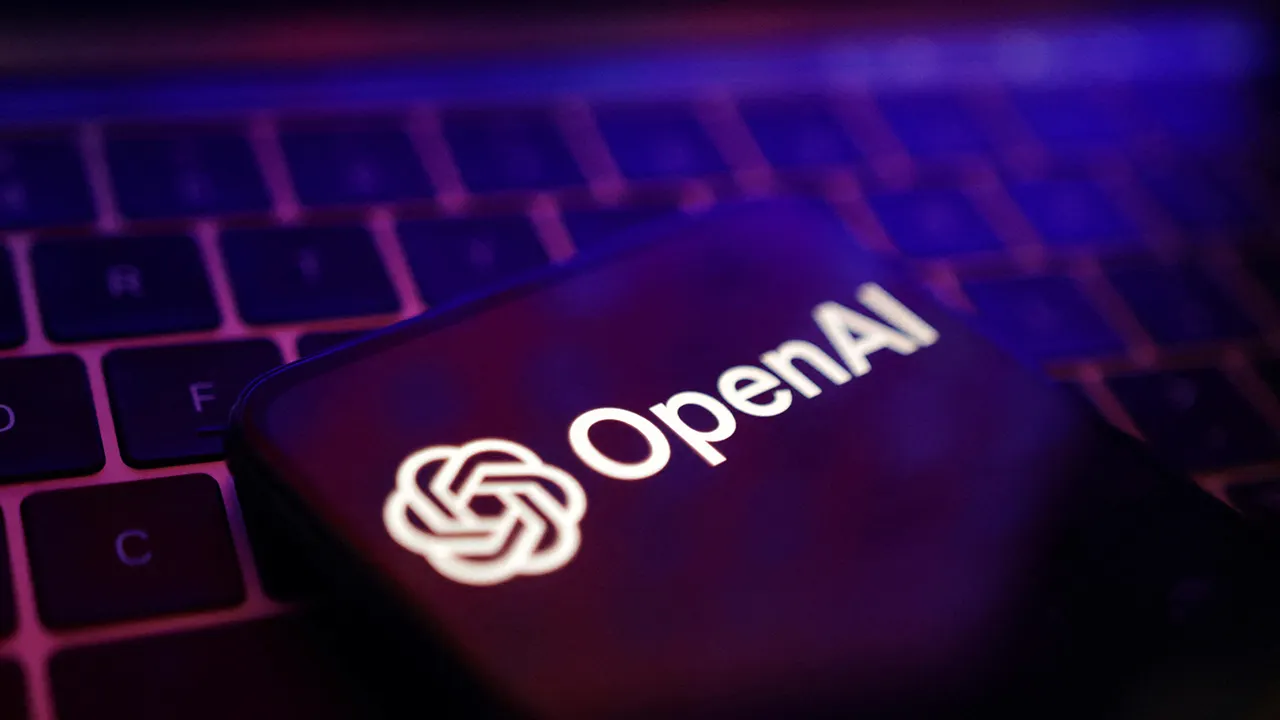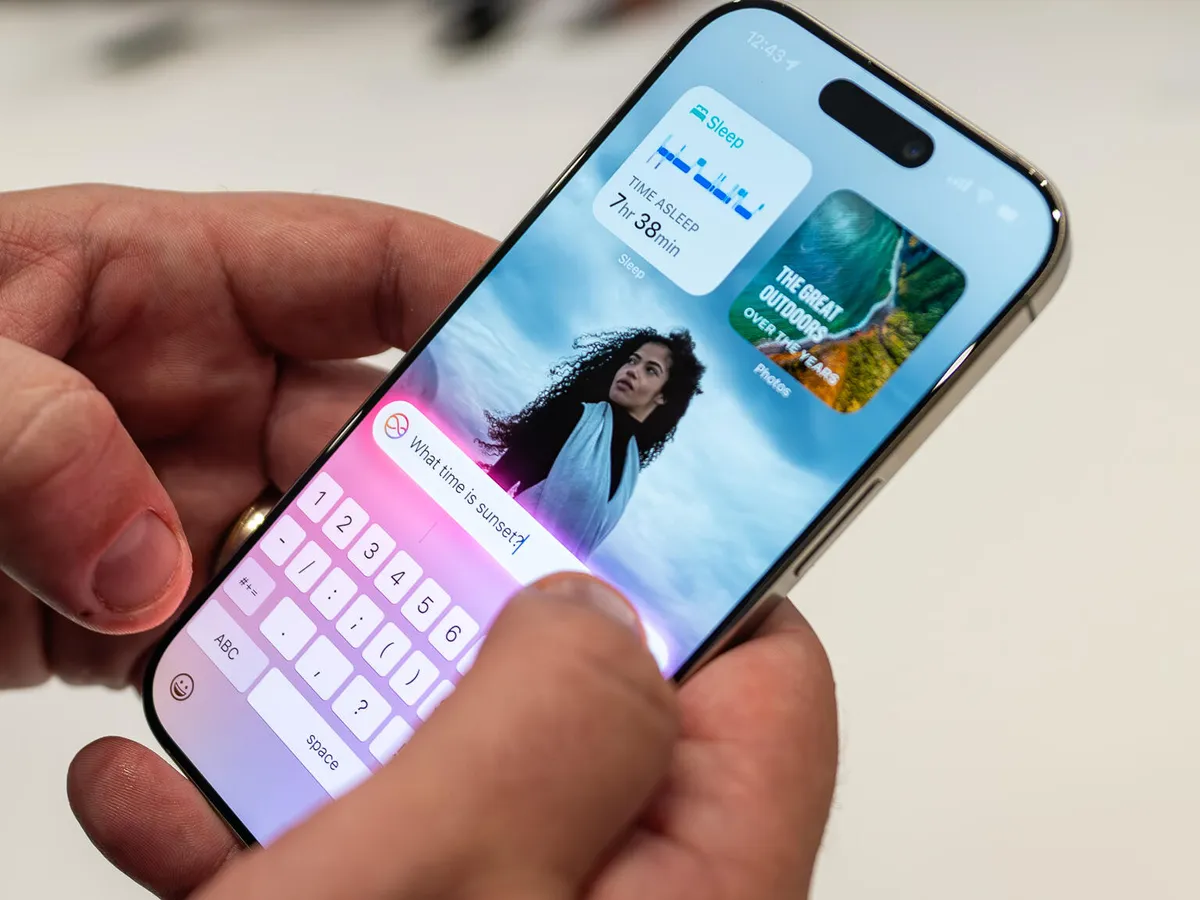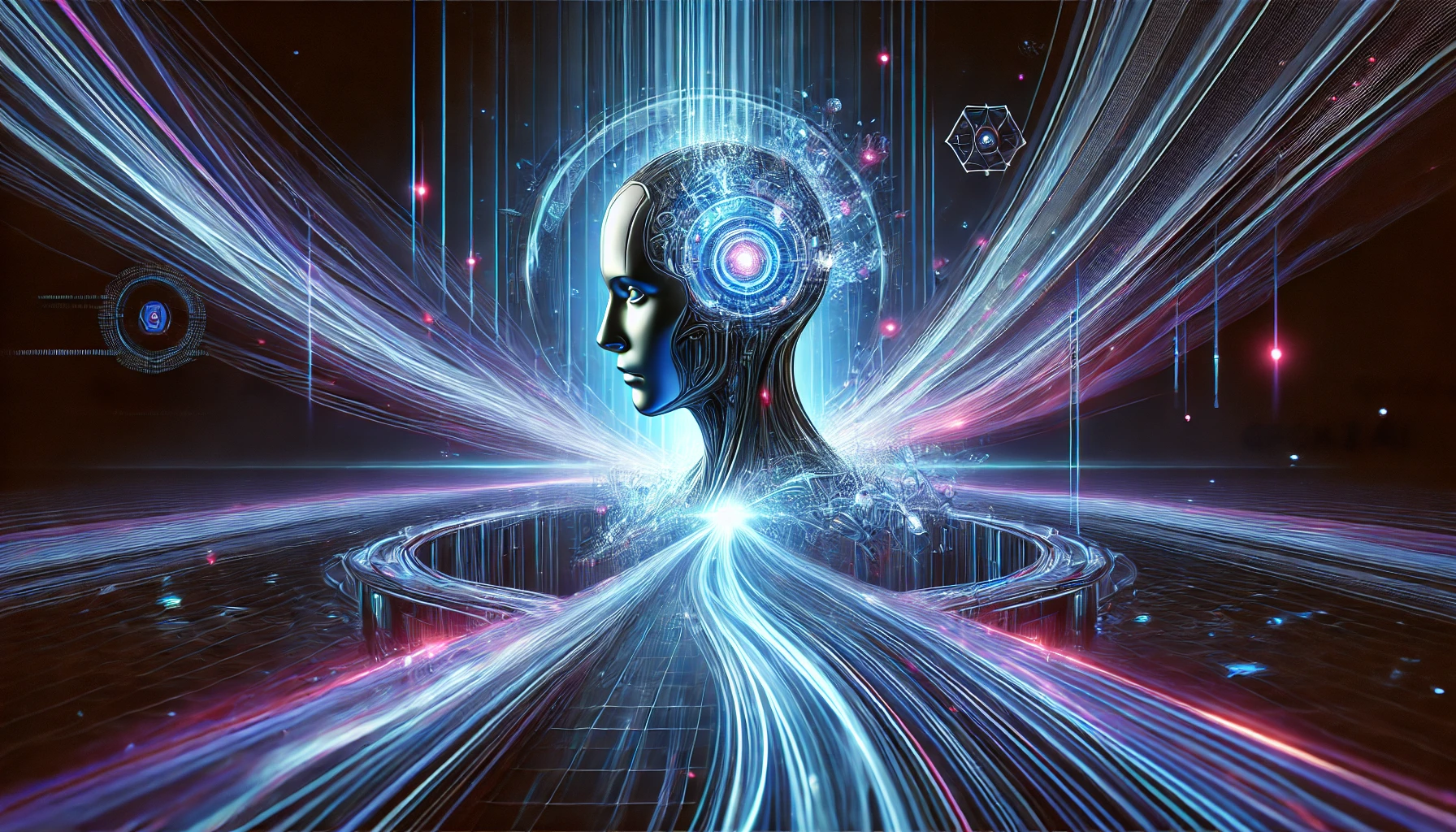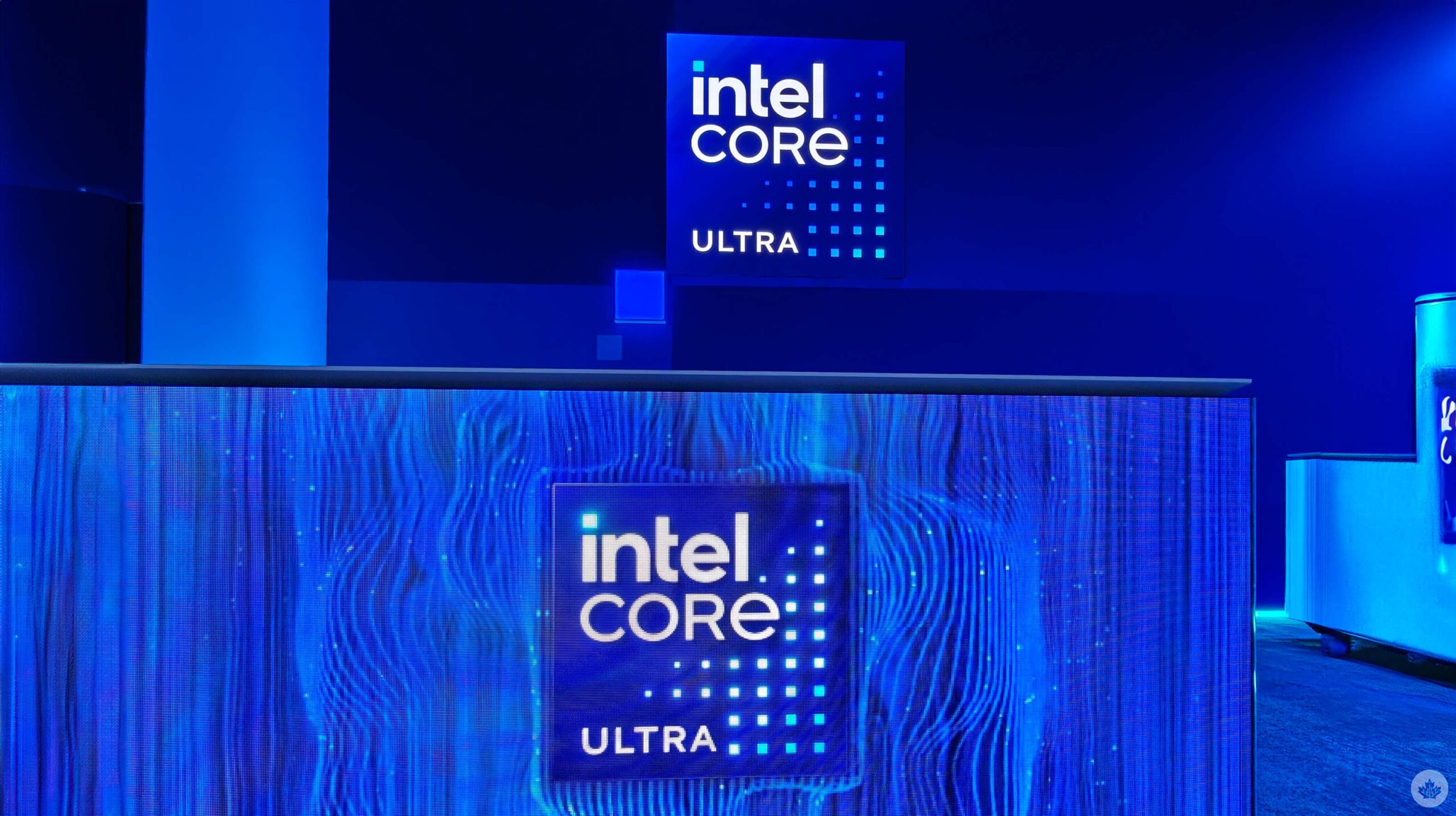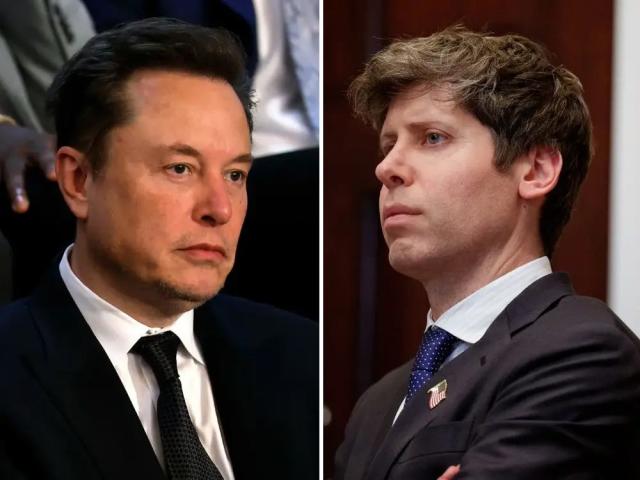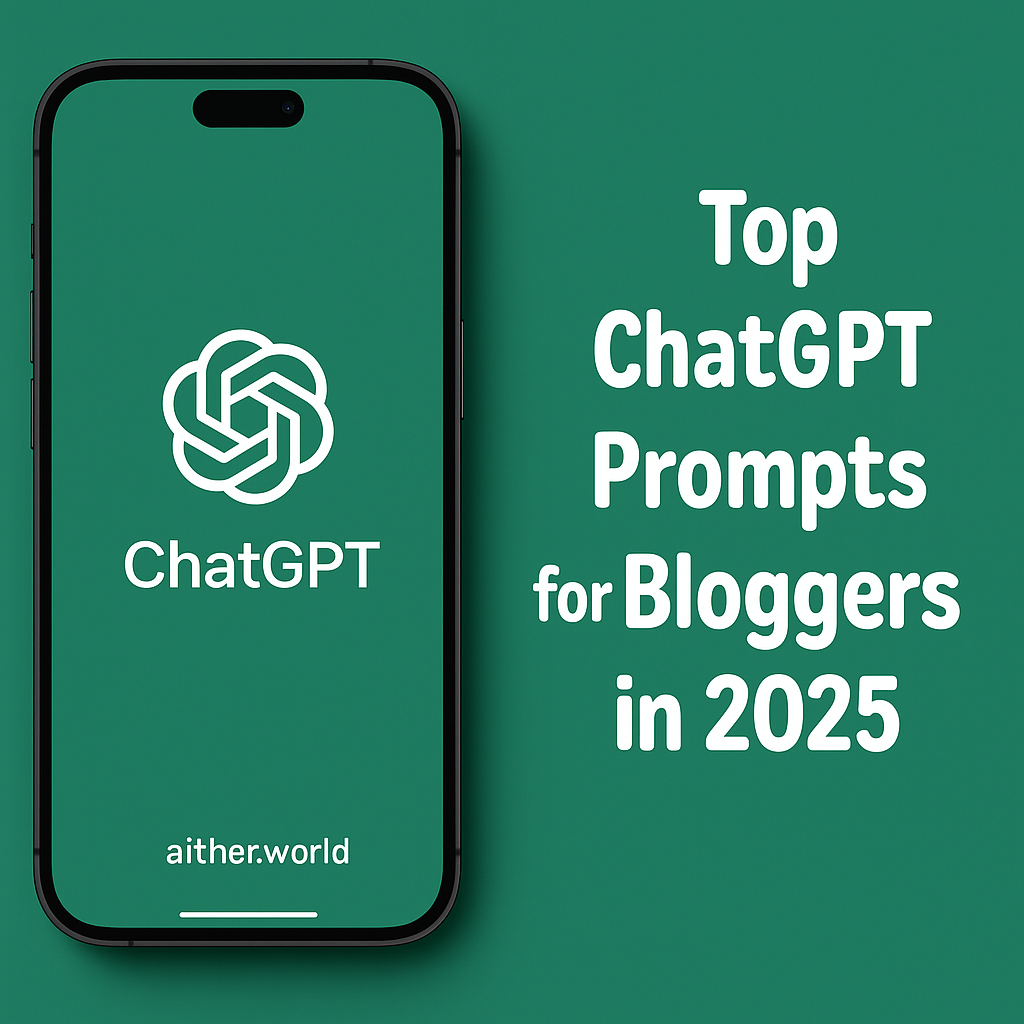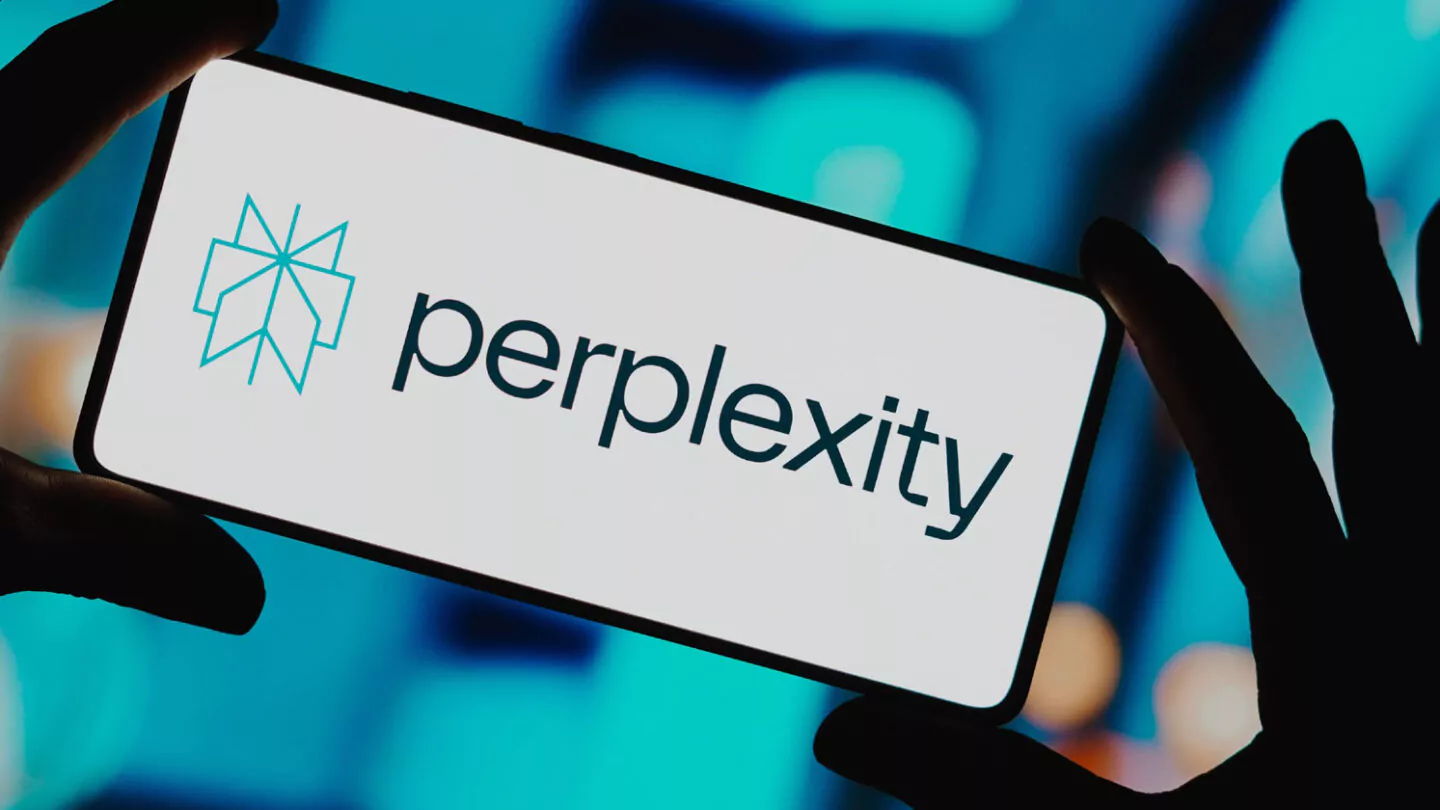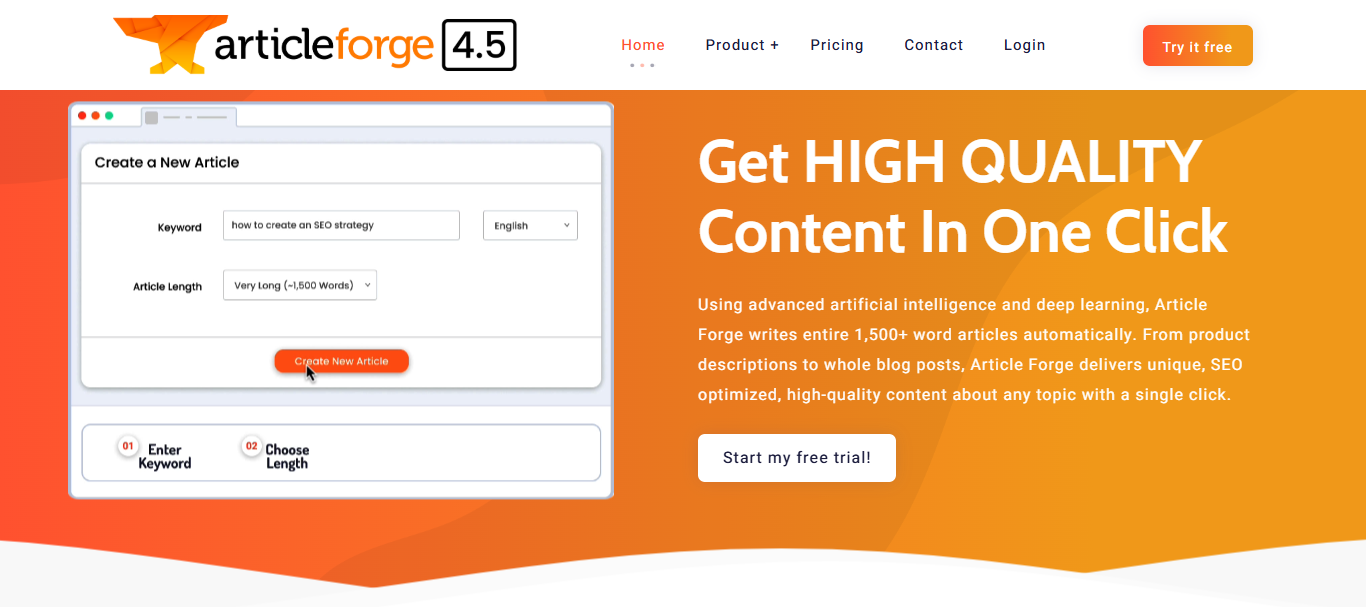Recent social media revelations have uncovered a potentially problematic capability of Google's latest AI model. According to reports and tests, Google's Gemini 2.0 Flash AI model has sparked controversy due to its ability to remove watermarks from images, including those from prominent stock photo agencies like Getty Images. This feature, part of the model's experimental image generation and editing capabilities, raises significant copyright concerns as it can potentially infringe on intellectual property rights by removing watermarks without consent.
Gemini's Expanding Capabilities Spark Controversy
Google recently broadened access to its Gemini 2.0 Flash model's image generation features, allowing users to both create and manipulate visual content. While technologically impressive, this advancement appears to lack significant protective restrictions. Users across X and Reddit have demonstrated that Gemini 2.0 Flash readily removes watermarks from existing photographs and attempts to reconstruct the underlying image data—a capability that distinguishes it from other solutions by being both particularly effective and available at no cost.
Check this out:
Experimental Status Noted
It's worth highlighting that Google currently labels this functionality as "experimental" and specifically "not for production use." Access remains limited to developer platforms such as AI Studio. The system also shows limitations with certain watermark types, particularly struggling with semi-transparent watermarks or those covering substantial portions of images.
Legal and Ethical Questions Emerge
The removal of watermarks without permission potentially violates U.S. copyright law, according to legal experts. Competing AI systems from Anthropic (Claude 3.7 Sonnet) and OpenAI (GPT-4o) actively refuse such requests, with Claude specifically identifying watermark removal as "unethical and potentially illegal."
Industry Response Pending
As of publication time, Google has not issued an official response to inquiries about these capabilities. The development raises important questions about responsible AI deployment and intellectual property protection in an era of increasingly powerful generative tools.
This situation highlights the ongoing tension between technological advancement and copyright protection, as AI capabilities continue to evolve faster than regulatory frameworks can adapt.
